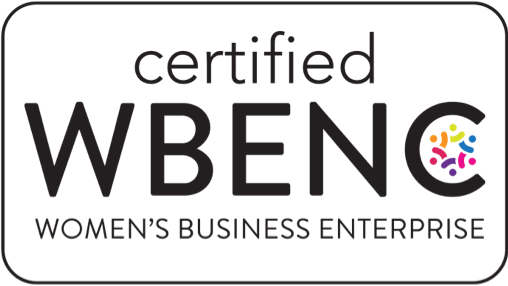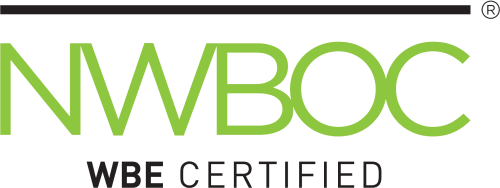Nearly half of U.S. workforce reports burnout, according to new Eagle Hill Consulting research

Employees continue to point to workload and staff shortage as sources of burnout
Arlington, Va., June 4, 2024 – Employee burnout among the U.S. workforce remains high at 45 percent, holding steady since Eagle Hill Consulting’s most recent employee burnout survey. Women (49 percent) continue to report higher levels of burnout than men (41 percent), and employee workload remains the driving factor behind worker burnout.
Worker burnout has dropped substantially since the early days of the pandemic (58 percent in August 2020) but remains stubbornly high. When looking across generations, younger workers continue to report the highest levels of burnout with Gen Z at 54 percent and Millennials at 52 percent.
Workers who experience burnout say the top cause is their workload (51 percent), followed by staff shortages (42 percent) and juggling personal and professional life (41 percent). Eagle Hill has been tracking burnout remedies since the early days of the COVID-19 pandemic. From that time, workers have consistently reported that these remedies would alleviate their stress: a four-day work week (69 percent), increased flexibility (66 percent), a decreased workload (63 percent) and working from home (56 percent).
Read the 2024 State of Worker Burnout infographic.
“We may have hit a wall when it comes to reducing worker burnout,” says Melissa Jezior, president and chief executive officer of Eagle Hill Consulting. “Our latest worker burnout research finds substantial burnout levels that haven’t budged, and the burnout drivers have remained virtually unchanged. At the same time, workers consistently say that the burnout solution lies in offering more flexibility and addressing their workload levels.”
“It’s important that employers pay attention to this chronically high level of burnout, along with employee views on causes and remedies. When workers are burned out, they’re less productive, engaged, and innovative. And they’re more likely to walk out the door, especially in a tight labor market. Worker input gives us a roadmap for alleviating stress, and employers who take the cues to find solutions will have a competitive advantage,” Jezior said.
Additional survey findings are as follows:
- Among those who experience burnout due to staff shortages, 83 percent said the impact is covering the workload for unfilled positions. Forty-six percent said the impact is helping others learn their job, 41 percent said it’s training new hires, and 22 percent said it’s recruiting and interviewing new hires.
- About half of employees (56 percent) who report burnout say they are comfortable telling their boss.
- When asked since the beginning of the pandemic how to reduce burnout, 69 percent of workers said a four-day workweek would help. Other solutions included increased flexibility (66 percent), decreased workload (63 percent), better health and wellness benefits (60 percent), working from home (56 percent), reduced administrative burdens (53 percent), more on-site amenities (50 percent), and the ability to relocate or work from multiple locations (40 percent).
- Sixty-four percent say that any technology changes in the coming year will not impact their stress levels.
These findings are from the 2024 Eagle Hill Consulting Workforce Burnout Survey conducted by Ipsos from February 6-9, 2024. The survey included 1,247 respondents from a random sample of employees across the U.S. Eagle Hill conducts the polling two times annually to maintain a pulse on worker burnout.
Eagle Hill Consulting LLC is a woman-owned business that provides unconventional management consulting services in the areas of Strategy & Performance, Talent, and Change. The company’s expertise in delivering innovative solutions to unique challenges spans across the private, public, and nonprofit sectors. A leading authority on employee sentiment, Eagle Hill is headquartered in the Washington, D.C. metropolitan area, with employees across the U.S. and offices in Boston and Seattle. More information is available at www.eaglehillconsulting.com.
Media Contact: Susan Nealon | 703.229.8600 | snealon@eaglehillconsulting.com

